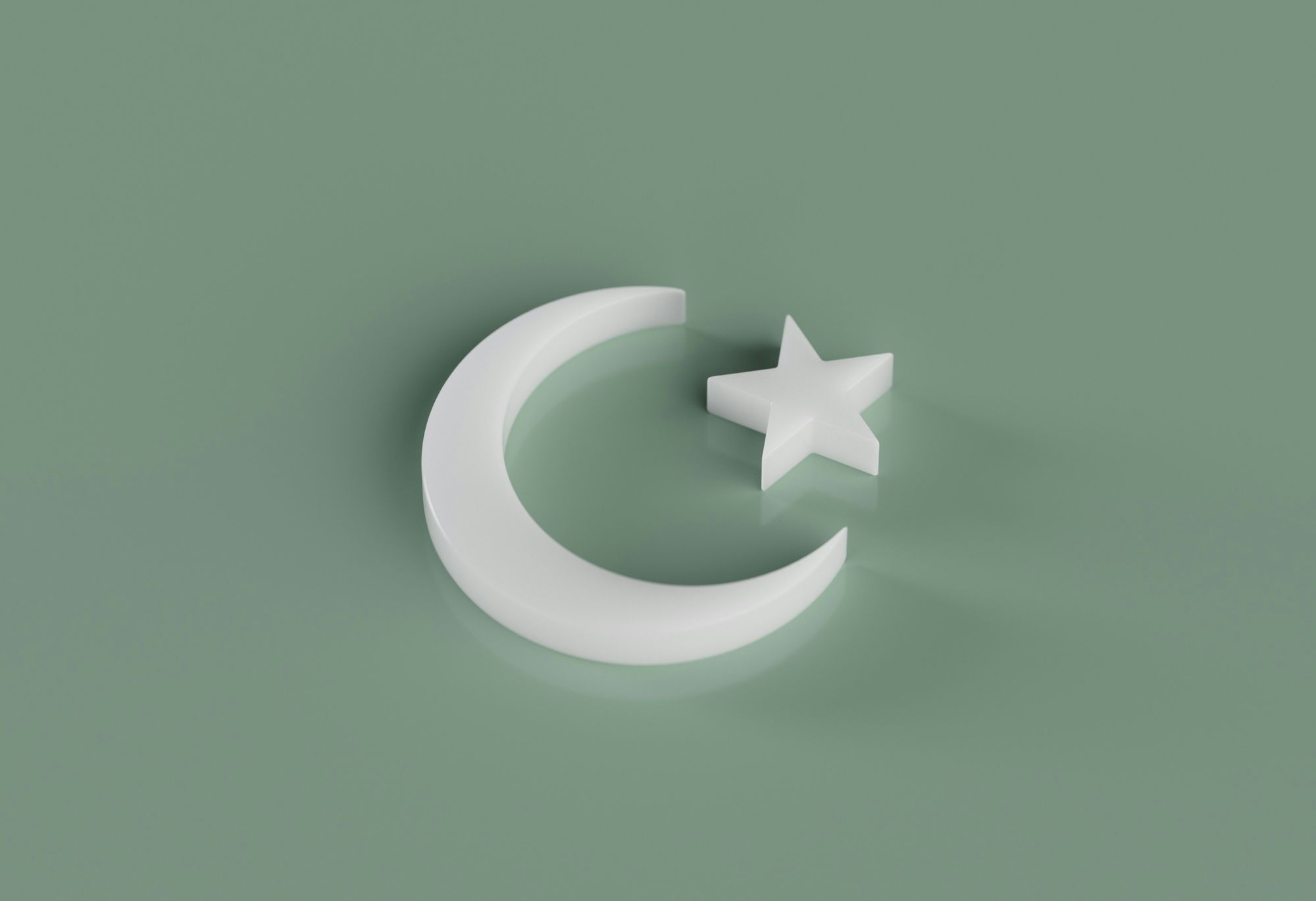Islamic Cremation Perspectives and Practices in Canada

Within Islamic faith traditions and jurisprudence, cremation has historically been expressly prohibited and a source of theological discussion. However, as Muslim communities grow in Western nations like Canada, questions surrounding cremation are receiving increased examination.
The Traditional Islamic View on Cremation
Based on interpretations of the Quran and the sunnah (the teachings and practices of the Prophet Muhammad), the majority view within Islam opposes cremation for several key reasons:
The Principle of Respecting the Deceased
Several Quranic verses emphasize how the deceased should be handled with extreme care, dignity and respect. Cremation is viewed by some as a form of mutilation or violation of the human body.
Emulating the Burial of the Prophet
The sunnah shows the Prophet Muhammad's body was buried without cremation after his death. Many Muslims believe his actions and choices should be emulated as much as possible.
The Prospect of Bodily Resurrection
Some Islamic scholars view cremation as contradicting the fundamental belief in bodily resurrection on the Day of Judgment in the afterlife.
Given these core religious principles, cremation has traditionally been considered haram (forbidden) in Islamic law and by a large majority of Islamic scholars and juristic bodies globally.
However, there are some dissenting views and evolving perspectives to consider as well.
Increasing Acceptance in Certain Circumstances
While opposition remains the mainstream stance, a growing minority view held by some Muslim leaders and academics conditionally permits cremation in certain cases, such as:
- When civic laws require cremation
- During war, epidemics or other extraordinary situations
- If the deceased's will stipulates cremation against family's wishes
This view upholds that Islam does not explicitly forbid cremation in the Quran or strict hadiths. Rather, opposition stems from more subjective moral reasoning that could evolve over time.
Additionally, some Muslim ethicists have suggested cremation could be allowed if done with the intention of respecting the deceased, not desecrating the remains.
The Cremation Question for Canadian Muslims
In Canada, where cremation rates have risen steadily in recent decades, the cremation discussion holds increasing relevance for Muslim communities and Islamic institutions:
Cremation Rates
While the overall cremation rate in Canada sits around 68% as of 2018, Muslim cremations remain extremely low at under 5% based on estimates. However, rates are projected to rise in coming generations.
Legal Regulations
Unlike some other nations, Canadian laws do not currently prohibit or require cremation, allowing religious communities to uphold their own traditions around body disposition.
Cemetery Policies
Islamic cemeteries and designated Muslim burial grounds in Canada currently do not permit cremated remains. Most secular cemeteries also maintain separate areas for cremation burials.
Emerging Perspectives
As younger generations explore cremation more openly, certain Muslim leaders have begun engaging in deeper dialogues around evolving perspectives and creating ethically-sourced cremation options that align with Islamic principles.
There remain numerous views across the Canadian Muslim community. For some, steadfast opposition prevails, viewing cremation as an unacceptable practice according to Islamic teachings. For others, increased accommodation and traditional cremation rituals may emerge to serve Muslim Canadians who ultimately choose that option.




